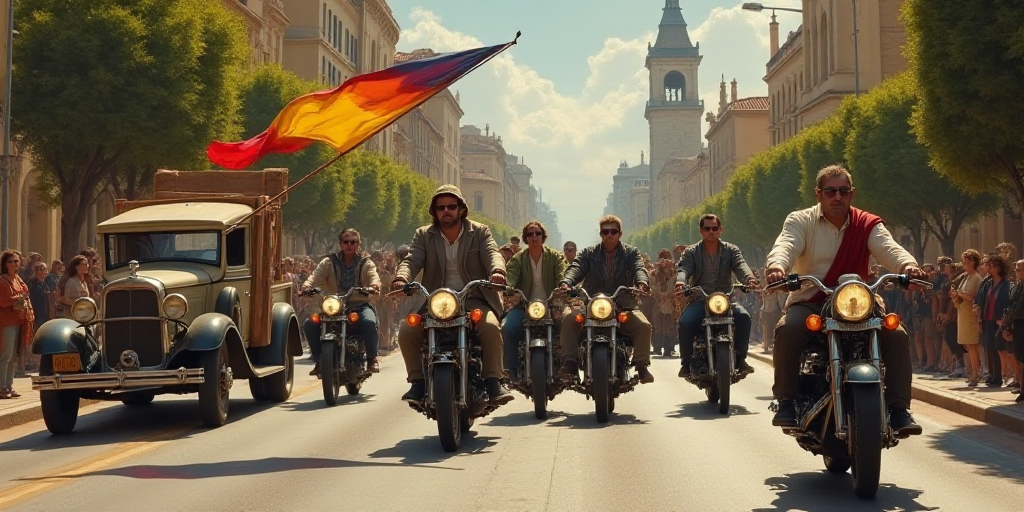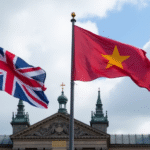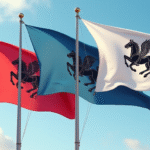Background on the Situation
On July 11, 2021, thousands of Cubans took to the streets, chanting “We are hungry” and “Down with the dictatorship,” marking unprecedented protests since the 1959 revolution. The demonstrations resulted in one death, numerous injuries, and hundreds of arrests. In response, President Miguel Díaz-Canel urged supporters to confront the protestors.
The United States has long criticized Cuba’s handling of the protests. With the return of President Donald Trump, tensions between the two nations escalated further. In June, Trump signed a memorandum to solidify his hardline policy towards the communist island.
US Sanctions Against Cuban Leaders
On this particular Friday, the US Department of State announced that it would enforce new measures against key Cuban regime leaders for their involvement in severe human rights violations.
- Targeted Individuals: The sanctions include President Miguel Díaz-Canel, head of the Communist Party, Defense Minister Álvaro López Miera, and Interior Minister Lázaro Alberto Álvarez Casas.
- Judicial and Penitentiary Officials: Visas are also restricted for numerous Cuban judicial and penitentiary officials implicated or complicit in the unjust detention and torture of July 2021 protesters.
The US State Department emphasized its solidarity with the Cuban people and political prisoners, stating that these actions aim to hold accountable those responsible for human rights abuses.
Cuba’s Response and Ongoing Human Rights Concerns
Cuba’s Foreign Minister, Bruno Rodríguez, expressed irritation over the sanctions, asserting that the US cannot break the will of the Cuban people or their leaders through economic warfare.
The US maintains its longstanding embargo against Cuba, opposing international calls—including those from the UN and other forums—to end this policy. According to the US, around 700 individuals remain imprisoned following the July 2021 protests, subjected to torture or abuse. Human rights organizations estimate the number between 360 and 420.
Marco Rubio, the US diplomatic chief, accused Cuba of torturing dissident José Daniel Ferrer and demanded an “immediate proof of life” along with the release of all political prisoners.
Dissident José Daniel Ferrer’s Case
Ferrer, leader of the Unión Patriótica de Cuba (Unpacu), was among 553 prisoners freed in January as part of an agreement between Cuba and the Vatican following then-President Joe Biden’s acceptance of removing Cuba from the terrorism sponsor list.
However, his conditional release was revoked in late April, prompting US protests. Washington has since relisted Cuba as a state sponsor of terrorism since Trump’s return to power in January.
Ferrer’s family has reported torture on social media platforms, with his sister Ana Belkis Ferrer detailing his brutal treatment, including beatings, forced ingestion of foul substances, and threats from prison authorities.
Additional US Restrictions on Cuba
The US Department of State updated its list of restricted locations in Cuba and expanded the prohibition on accommodations, targeting 11 properties linked to the regime.
Among them is the newly opened “Torre K” hotel in Havana, which US officials aim to prevent from receiving US dollars that could finance the Cuban regime’s repression.
Critics argue that the Cuban government squanders resources on lavish hotel projects while its citizens suffer shortages of food, water, medicine, and electricity.






